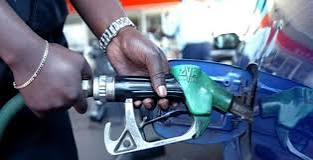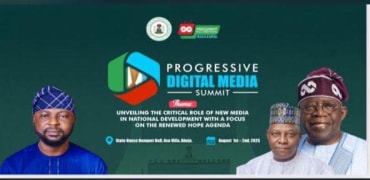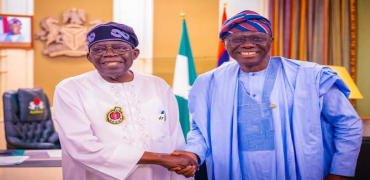Fuel Prices Now Beyond FG’s Control: Minister Reveals Market-Driven Dynamics
Fuel Prices Now Beyond FG’s Control: Minister Reveals Market-Driven Dynamics
By Achimi muktar
In a bold declaration, the Federal Government has clarified its stance on fuel pricing, emphasizing that it no longer plays a role in determining petrol prices, as the market now operates under full deregulation.
Heineken Lokpobiri, Minister of State for Petroleum Resources (Oil), made this known during the inaugural meeting of the Petroleum Industry Stakeholders Forum held on Thursday in Abuja. Addressing growing concerns over fluctuating fuel prices, Lokpobiri attributed price changes to crude oil costs in the international market, asserting that market forces solely dictate pump prices.
The End of Petrol Subsidies and Malfeasance
Lokpobiri highlighted that deregulation has eliminated the inefficiencies and corruption associated with the subsidy system. “The whole essence of deregulation is for price to find its level,” he explained. “As oil prices go up, petrol prices will go up, and as oil prices come down, petrol prices will follow.”
He assured Nigerians that the government’s priority is quality control, availability, and ensuring customers receive accurate quantities at retail stations. “Once there is competition, people have a choice, and that’s why you don’t see any queues,” he noted.
The Dangote Partnership: A Game Changer
The National President of the Independent Petroleum Marketers Association of Nigeria (IPMAN), Abubakar Maigandi, credited the recent reduction in petrol prices to a strategic partnership with the Dangote Refinery. According to Maigandi, independent marketers have begun sourcing fuel directly from the Dangote Refinery and MRS filling stations since late last year. This collaboration allows them to sell petrol at lower rates compared to other marketers, with a uniform price of N935 per litre across the country.
Crude Prices and Pump Prices: A Complex Relationship
Huub Stockman, Chairman of the Major Energy Marketers Association of Nigeria and Managing Director of NNPC Retail, explained that while crude oil prices significantly influence petrol costs, the correlation isn’t always immediate or direct. “Crude and product prices don’t always directly relate. It’s not always so that when crude changes, all other products derived from it change immediately,” he stated.
This insight comes as Brent crude, the global benchmark, recently surpassed $80 per barrel, fueling concerns over potential pump price hikes. However, Stockman assured that an increase in petrol prices might not happen immediately due to other market parameters.
Growth in Nigeria’s Oil Sector
Gbenga Komolafe, Chief Executive of the Nigerian Upstream Petroleum Regulatory Commission (NUPRC), provided an optimistic outlook on Nigeria’s oil production. He reported a 79% increase in active rigs since 2021, as well as significant growth in oil and gas reserves. Efforts to curb oil theft and improve security have resulted in a 40% reduction in theft and deferments over the past year.
What This Means for Nigerians
With deregulation fully in effect, Nigerians must brace for price fluctuations driven by global market dynamics. However, the government’s focus on competition, quality control, and improved production capacity offers hope for a more stable and efficient fuel market in the long term.
As the sector evolves, collaborations like the Dangote partnership and increased domestic production could pave the way for a more resilient energy industry in Nigeria.


















